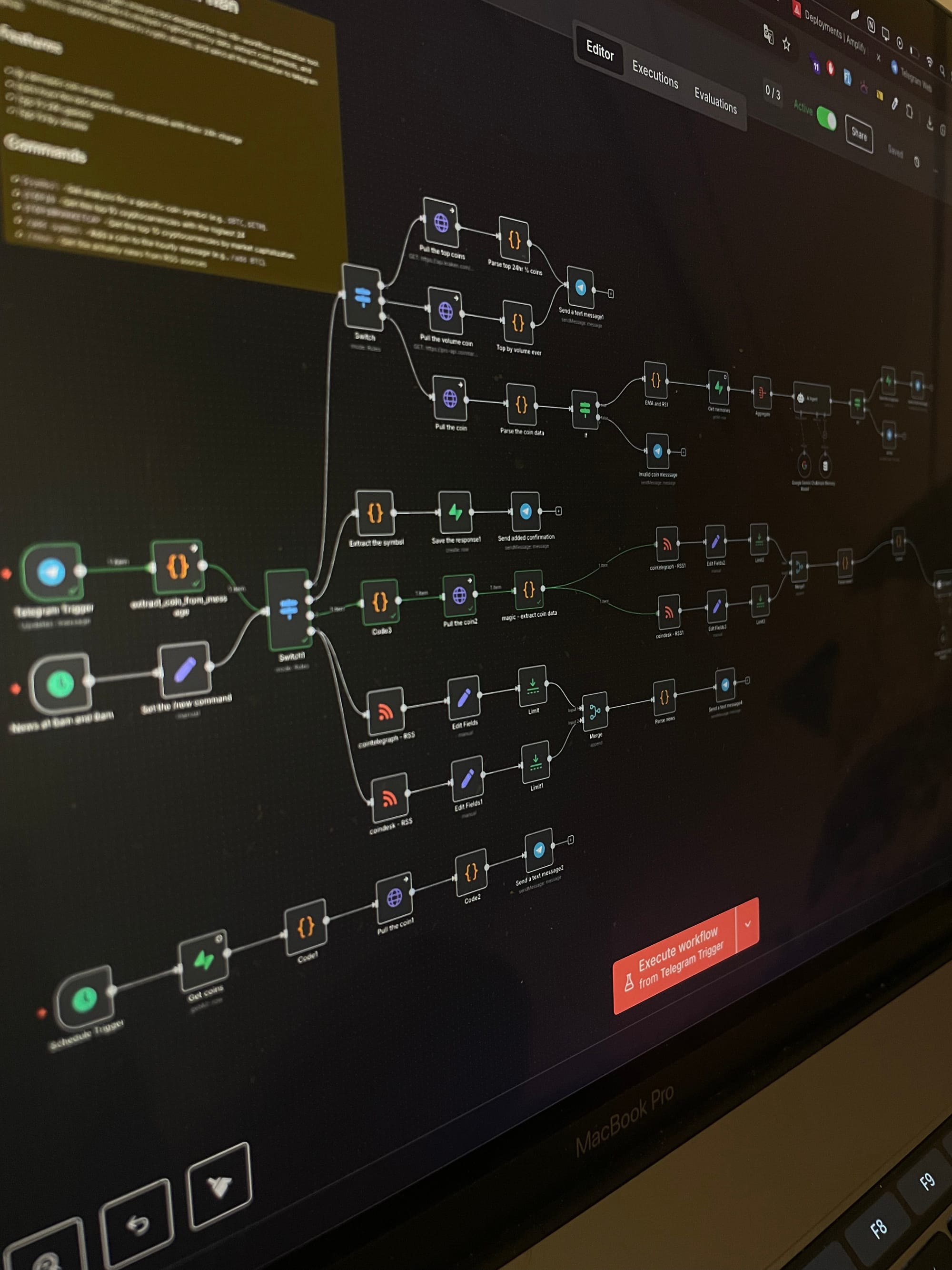From Coding to Communication: The Importance of Active Listening in Software Development

Active listening is an important skill for software developers, as it allows them to better understand the needs and requirements of their clients, stakeholders, and colleagues. By actively listening, developers can ensure that they are delivering the right solution to meet their user's needs.
Active listening requires a combination of focused attention, open-mindedness, and empathy. Here are some tips for how software developers can improve their active listening skills:
- Pay attention to non-verbal cues: Non-verbal cues, such as body language and tone of voice, can provide valuable information about a speaker's emotions, attitude, and meaning. Pay attention to these cues, and consider how they might be affecting what is being said.
- Ask questions: Asking questions shows that you are actively engaged in the conversation and helps to clarify any misunderstandings.
- Avoid interruptions: Interrupting someone while they are speaking can be distracting and can prevent them from fully expressing their thoughts. Wait until the person has finished speaking before responding.
- Repeat and paraphrase: Repeating or paraphrasing what someone has said can demonstrate that you have understood what they are saying and helps to prevent misunderstandings.
- Empathize: Try to understand the speaker's point of view and how they might be feeling. This can help to build rapport and establish trust.
- Avoid distractions: Distractions such as checking your phone, or thinking about what you want to say next, can prevent you from fully focusing on the conversation. Minimize distractions and give the speaker your full attention.
- Take notes: Taking notes can help you to retain important information and to review the conversation later if needed.
By actively listening, software developers can gain a better understanding of their client's needs, improve their relationships with stakeholders, and build more effective solutions. Improving your active listening skills takes practice, but by being mindful and intentional in your conversations, you can make a positive impact on your work and your relationships.



